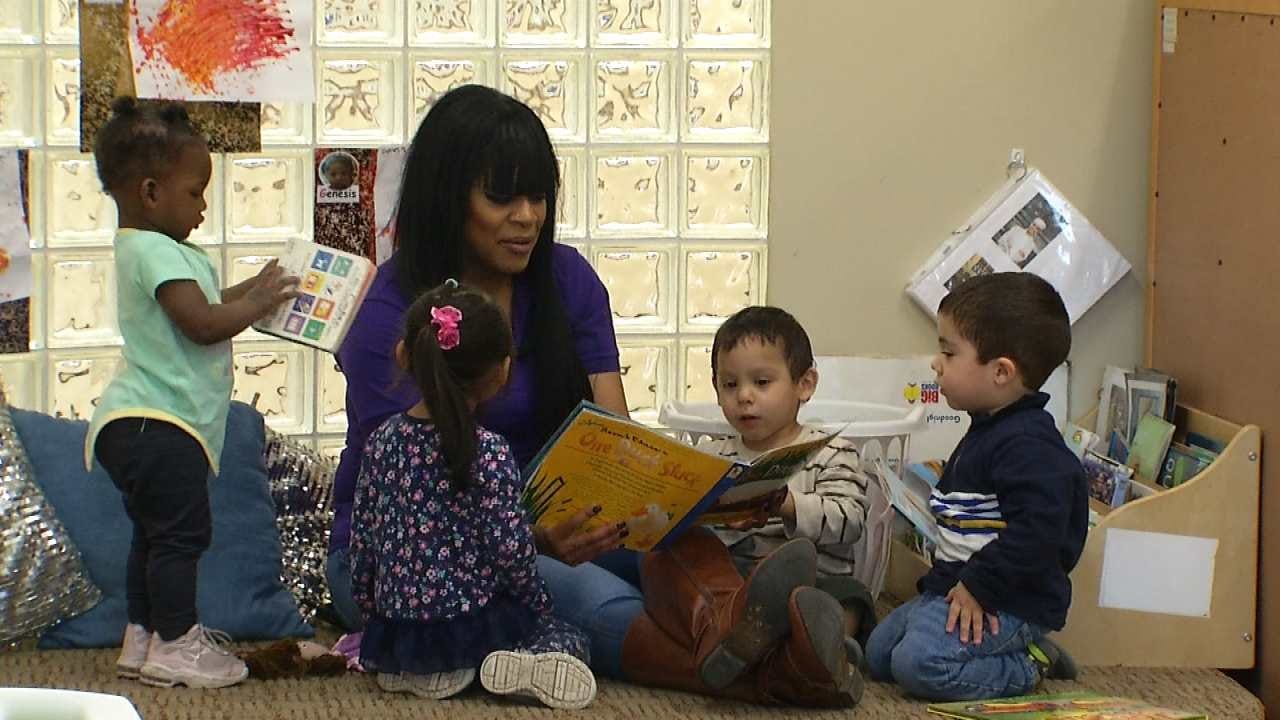To address the challenges in early childhood education in Tulsa, several solutions can be implemented.
Firstly, there should be an expansion of high-quality early learning centers to increase access ...
Read more
No edit summary |
(Updated problems) Tag: Reverted |
||
| Line 1: | Line 1: | ||
{{Problem | {{Problem | ||
|Description= | |Description=The lack of quality early childhood education can have a negative impact on a child's cognitive, social, and emotional development. Without access to proper education and resources, children may struggle to develop basic skills, such as language and problem-solving. This can lead to long-term consequences, including lower academic achievement and limited opportunities later in life. Additionally, families from low-income backgrounds may face additional barriers to accessing quality early childhood education, perpetuating cycles of poverty and inequality. Addressing these issues requires a comprehensive approach that prioritizes early childhood education as a critical component of a child's overall development. | ||
|Region=Tulsa | |Region=Tulsa | ||
|country=United States | |country=United States | ||
This Problem
needs your help
Region: Tulsa
Decades of research are evident: children learn from their first days. The amount, type, quali,ty, and consistency of a child’s early learning experiences dramatically impact and influence a child’s potential for future academic success and social-emotional well-being.
Tulsa, like most communities, does not offer enough high-quality early education for the number of low-income children who need it. GKFF® supports 16 high-quality early learning centers in Tulsa, serving approximately 2,000 children in year-round education and care and a range of other home-based and community-based programs.
The human brain has a remarkable capacity for change, but timing is crucial. From birth to three, a critical and specific window of opportunity exists during which a child is most receptive to learning. In fact, a majority of a child’s brain formation occurs by age three, yet less than four percent of public expenditure for education is allocated to that time period.
Access to high-quality, comprehensive early childhood opportunities for at‐risk children, starting at birth, can help improve their long‐term student proficiency in reading and math. These early education opportunities help build the foundation for low-income children to perform as well as their peers when they enter kindergarten.
Add Solution/Link Solution
0
0

To address the challenges in early childhood education in Tulsa, several solutions can be implemented.
Firstly, there should be an expansion of high-quality early learning centers to increase access ...
Read more
1
0

In response to community demand for high-quality early childhood education programming, GKFF helped establish Tulsa Educare in 2006. With three centers in distinct low-income neighborhoods and a fourt...
Read more
Link/Delink solution
Uncheck to delink a solution
Link/Delink project
Uncheck to delink a project